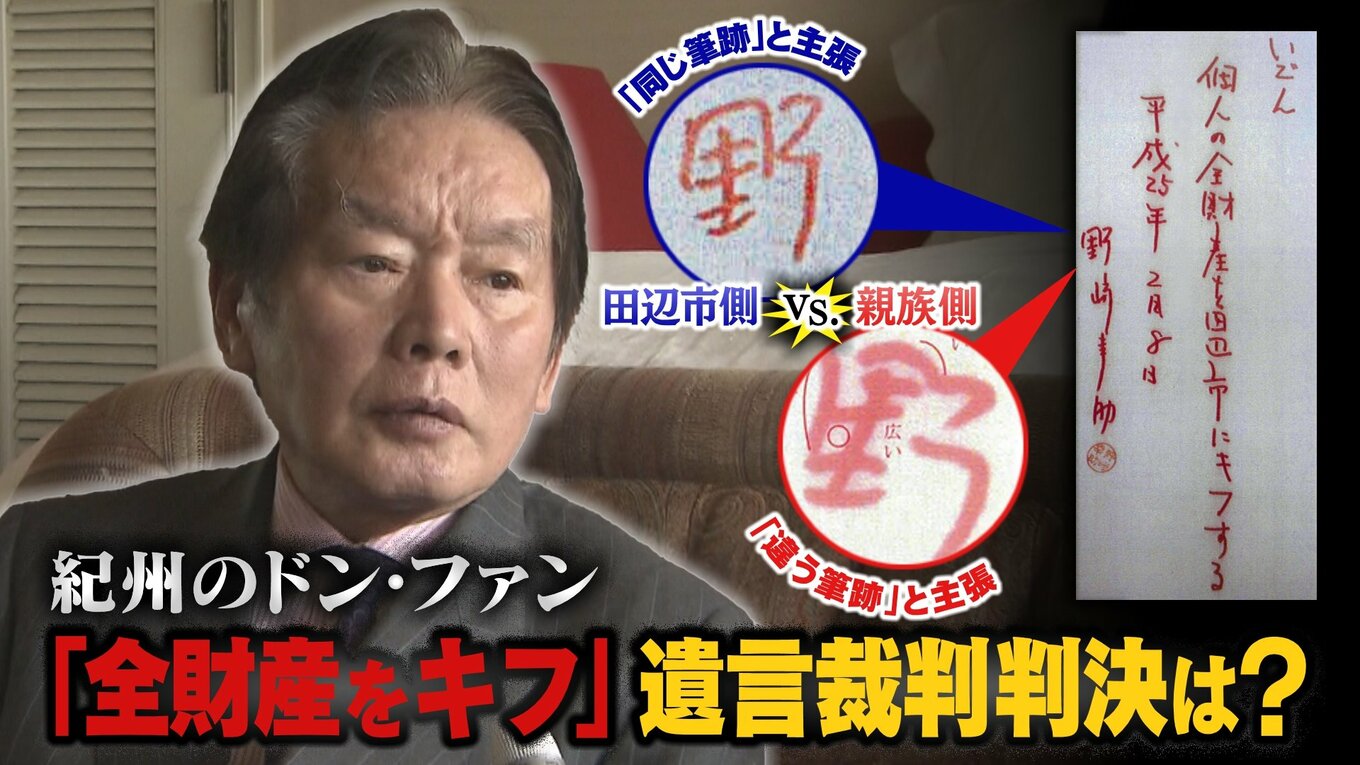The Tokyo High Court recently confirmed the authenticity of the will of the late Kishu Don Fan, a well-known figure in the entertainment industry. The litigation over Kishu's alleged testament has been controversial. The will was contested by several parties, but the court pronounced it valid for the second time, reaffirming the earlier decision.
Will and inheritance disputes are becoming increasingly common in aging Japan. As such, the public and media attentively follow high-profile cases like this. Legal values involved typically focus on the accurate interpretation of a deceased person's intentions and validity of the testamentary documents.
Similar to the U.S. and EU, Japan's legal process emphasizes evidence and fair hearings in disputes over inheritance. However, in contrast to Western countries where it's common to divide estates equally among descendants, Japanese law traditionally favored the eldest son. This issue, in the context of an entertainment figure like Kishu Don Fan, could have created heightened public and media interest.

